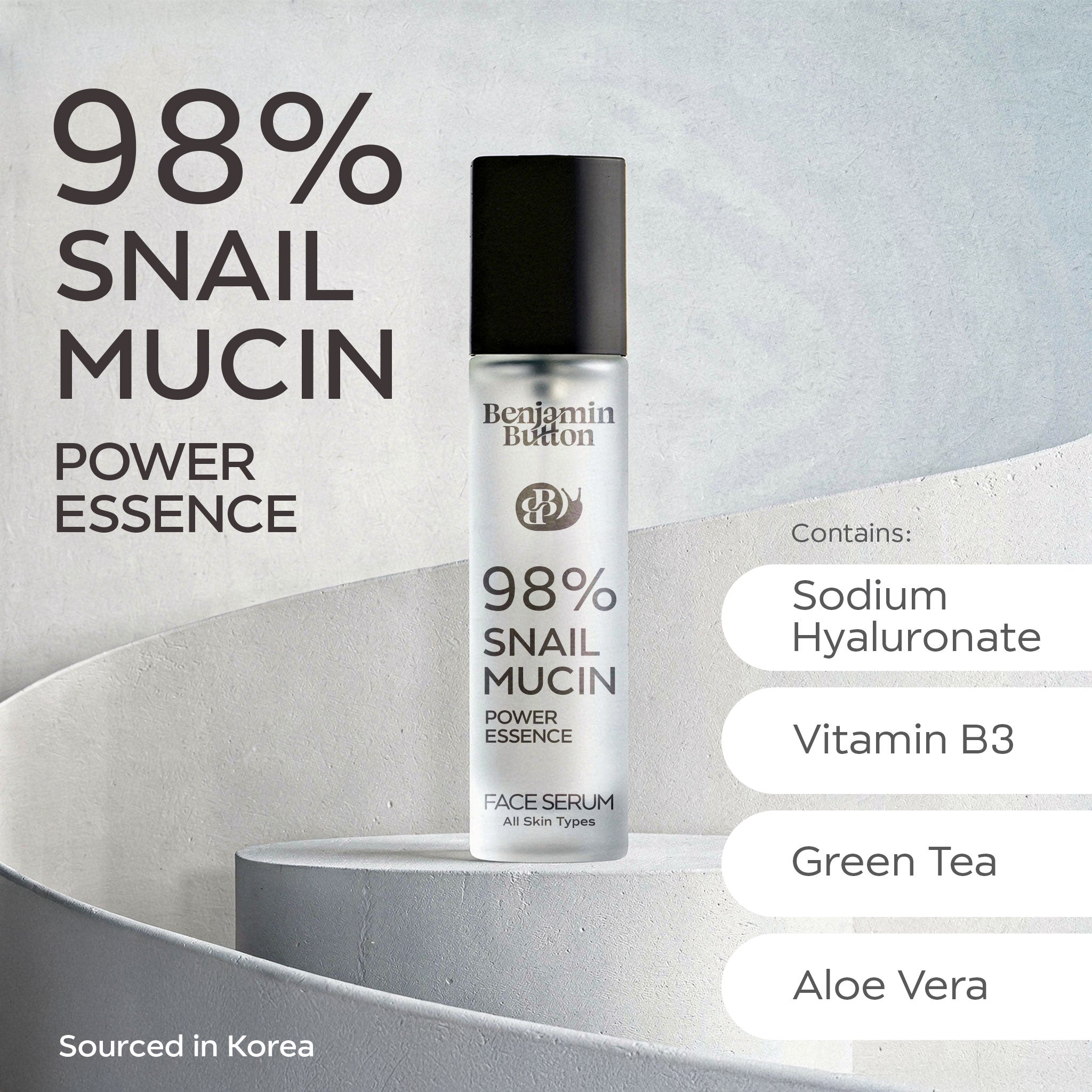Understanding the Myths about Sleeping with Wet Hair
Sleeping with wet hair has been a topic of considerable debate for many. While some claim it leads to a variety of health issues, others seem unaffected by this nightly routine. Let's delve into the myths and realities surrounding the implications of dozing off with damp tresses.The Myths Surrounding Wet Hair
Despite various beliefs, many of the negative assertions about sleeping with wet hair lack substantial scientific backing. Here are some common myths associated with this practice:- Causes Colds: One prevalent myth is that sleeping with wet hair can lead to colds or flu. This idea erroneously suggests that exposure to cold air or dampness is sufficient to cause illness. However, viruses are the main culprits behind these conditions.
- Promotes Hair Damage: It's often said that wet hair is more vulnerable to breakage. While wet hair can indeed be more delicate, if handled correctly, it can withstand overnight adjustment without significant damage.
- Disrupts Sleep Quality: Some believe that the chill from wet hair can lead to restless nights. A cooler head might even aid sleep for some individuals, though personal comfort levels vary.
The Truth About Wet Hair and Health
While the myths may not hold water, there are a few considerations to keep in mind when it comes to health and comfort.- Skin Health: If you sleep with wet hair, moisture might affect your pillowcase and potentially lead to skin irritation or breakouts, particularly if your pillow remains damp for extended periods.
- Scalp Health: A damp scalp can create a favourable environment for fungal infections or irritation. Keeping your hair and scalp dry might promote a healthier environment, preferable for both hair and skin.
- Comfort Level: Ultimately, personal preference plays a significant role in deciding whether to sleep with wet hair. If you find it uncomfortable, it might be wiser to alter your routine.






















